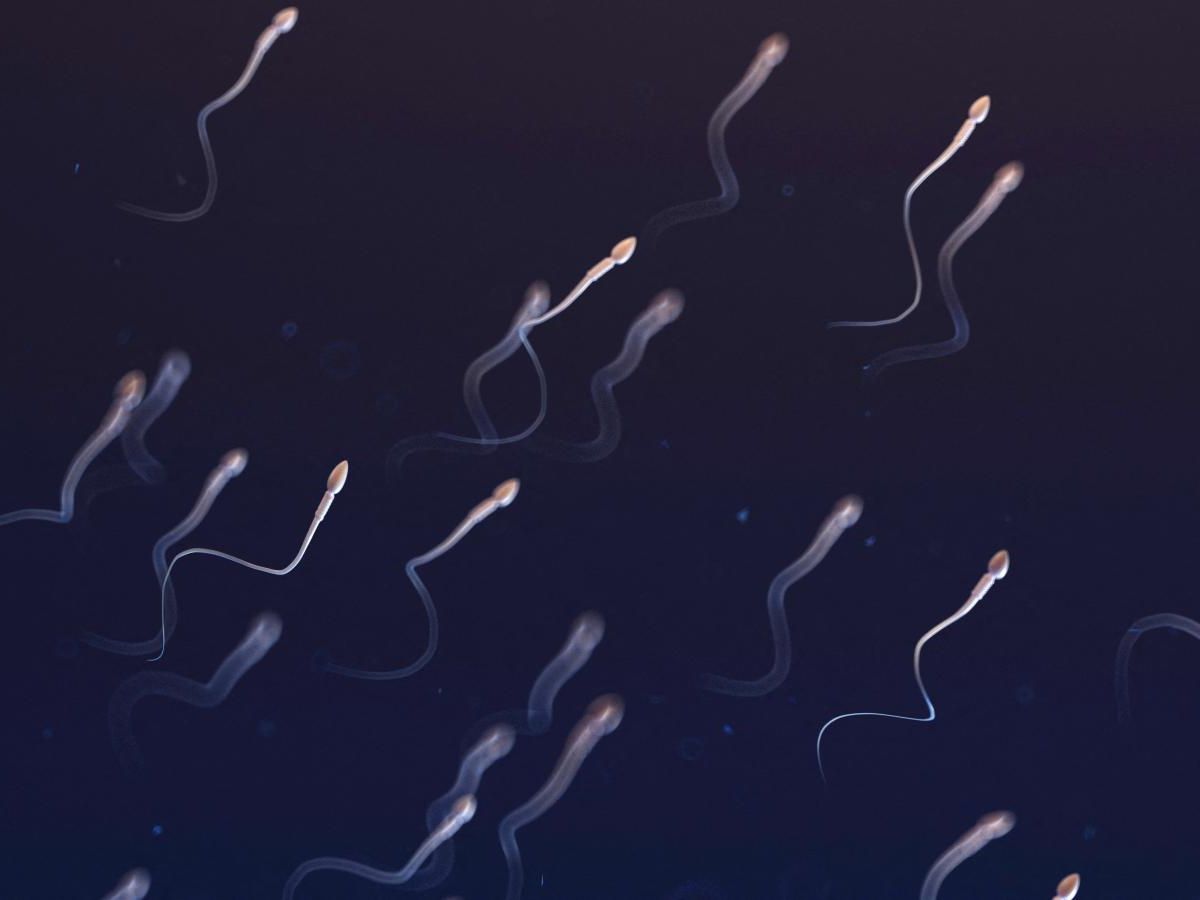Stressful periods lower fertility at the time, as was observed during the first lockdown at the start of the Covid pandemic. Nine months later After this event, France, as well as other countries, had a considerable drop in the birth rate of its inhabitants. But this drop was subsequently caught up with a increase in births from March 2021.
Stress improves sperm motility, but only three months later
In other words, this improvement in fertility would have taken place three months after the start of the stress (the confinement), increasing births 9 months later, therefore 12 months after the confinement.
In addition to the behavioral changes caused by these abnormal periods, this decline and catch-up could also have a more physiological cause. Because a study published on September 11, 2024 in the journal Nature Communications shows that these periods of stress have a direct impact on sperm quality, which would decrease during this stressful situation, and then, on the contrary, improve.
According to this study, realized by researchers from the Universities of Colorado and Maryland (United States), these periods of stress lead to a significant increase in sperm motility three months after the stress... That is the time it took before seeing an increase in fertility after the first lockdown.
The researchers observed this improvement in motility by analyzing the sperm of 34 healthy young men, aged 18 to 35.
Every month for six months, they produced a sperm sample and had to answer a questionnaire to estimate the stress perceived during the current month. In the months with the most perceived stress, they observed no impact on sperm (neither quantity nor quality). The same thing happened a month or two after this period of increased stress. But after three months, sperm speed increased significantly.
Stress affects the organ where sperm finish maturing
To understand the link between the stress period and the improvement in sperm three months later, the researchers looked at the epididymis, an organ attached to the testicles where sperm complete their maturation process.
This organ is interesting because it directly influences the quality of male gametes, particularly their motility. Previous studies had shown that the cells of this organ secrete extracellular vesicles, containing proteins and other molecules, which are transported to the spermatozoa and can modify their maturation.
Cells from the epididymis were collected from mice, and the researchers treated them with corticosterone, the stress hormone in rodents (which plays the same role in them as cortisol does in humans).
The cells were treated for 72 hours. Six days later, the researchers noticed that the expression of a large number of genes was blocked in these cells because of epigenetic modifications (which regulate gene expression). In particular, genes associated with metabolic processes, including the functioning of mitochondria, which produce most of the energy used by cells.
The consequence of this blockage was a decrease in energy production in the cells of the epididymis.
The body adapts to stress by improving sperm
The researchers then isolated the extracellular vesicles secreted by the epididymis under stress. And they then used these vesicles to see if they could influence sperm maturation, by adding them to the culture medium of sperm from untreated mice.
Paradoxically, the motility of these gametes increased thanks to these vesicles produced by cells affected by stress. And while energy production had decreased following stress in the cells of the epididymis, sperm treated with the vesicles of these cells had on the contrary an improved energy production, allowing them to swim faster.
That is to say that following stress, the male organism adapts by optimizing its spermatozoa, probably to improve its fertility. This could be beneficial from an evolutionary point of view, as it would allow for an increase in birth rates, particularly after difficult periods such as those we have experienced during the Covid pandemic.", explains in a communicates Tracy Bale, author of the study and expert on the heritability of stress.
Indeed, one could imagine that periods of great stress, such as pandemics, can endanger the survival of the group, or even the species. Increasing the birth rate therefore becomes a necessity to restore balance. But this is obviously only a hypothesis; it will have to be confirmed by other studies.

